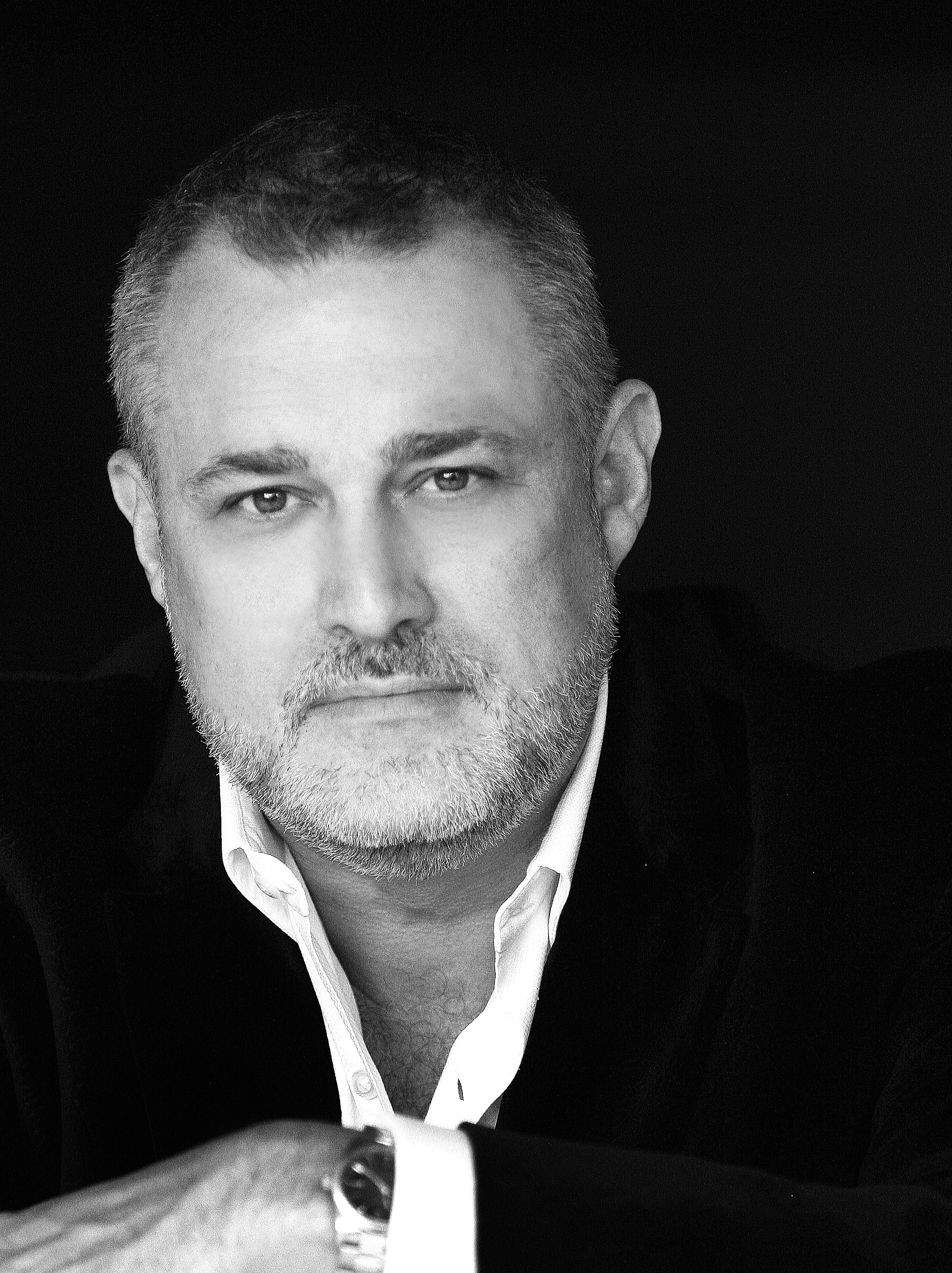Ambition Should Come Without Apologies…But It Comes with a Plan
Ambition Should Come Without Apologies…But It Comes with a Plan https://csuiteold.c-suitenetwork.com/advisors/wp-content/themes/csadvisore/images/empty/thumbnail.jpg 150 150 jeffreyhayzlett https://secure.gravatar.com/avatar/7d20a01ed9c1d91ad616e067720c7767?s=96&d=mm&r=g
Every child dreams of what they want to be when they grow up. While most kids choose jobs like teacher, doctor, or president, there’s one powerful position usually left off the list.
“I actually decided early in life that I wanted to be a CEO and not because I know what that even meant,” Shellye Archambeau, said during a recent C-Suite Network Digital Discussion.
Shellye not only became a CEO, but she also broke through several glass ceilings along the way. She was Silicon Valley’s first female, African American CEO. Today she is a board director at Verizon and sits on the board at Nordstrom, Roper Technologies, and Okta. A conversation with a high school guidance counselor introduced her to the idea of going into business. Shellye told the counselor she liked to run clubs, and the counselor said business is like running clubs. With that, she began planning her life after high school.
“I decided then I’ll run a business, but I had no idea what that actually meant,” Shellye recalled. “It became my goal. Literally, I spent my career trying to be very intentional, paying attention to who are the CEOs. What do they do? What were their background experience? And then mapped out a plan for myself.”
Through her research and planning, Shellye found many CEOs had one thing in common.
“Turns out they all start out in sales. So, I said, ‘You know what, I gotta start out in sales,'” Shellye said. “It wasn’t because I suddenly love sales. It was just obviously the skill set and the path to power.”
“The key is really figuring out what’s required (and) asked myself what has to be true, and then how do I make it true.”
She added, “By starting out in sales, you start out right in the beginning understanding how money comes into the company. Nothing happens until somebody sells something.”
“No matter what you want to do, because all the skills you learn in sales you can leverage personally because you learn how to handle a ‘no.’ You learn how to qualify. You learn how to negotiate. You learn how to communicate effectively. You learn how to read a room. I mean, I could go on and on.”
In the 1980s, Shellye worked her way up the ranks at IBM over 14 years, becoming the highest-ranked African American woman in the company, running multi-billion-dollar divisions, taking international assignments, and not shying away from any opportunities that came her way. While Shellye admits she had done well for herself, she wanted more. So, she worked her way to the Silicon Valley, where she got the opportunity to become CEO of MetricStream. While it took years for Shellye to get to the job she dreamed of back in high school, she never gave up.
“That’s one thing that my mother literally drummed into me growing up. Something happens to you as a kid, and you come home, you say, ‘Mom, it’s not fair,'” Shellye said. “Mom would basically look at me and say, ‘You’re right. Life’s not fair.'”
She didn’t let fairness deter her from her goals. In fact, she used that as a catapult instead.
“I know the odds aren’t in my favor, so what can I do to improve the odds for me to get what I want to make something happen. To turn around a company. To build a business. It was always how do we improve the odds and then trying to execute against those things to improve the odds to actually make things happen.”
“I had no idea what it really meant (to be a CEO), but I absolutely enjoyed it. I enjoyed the impact. I enjoyed developing people, creating new leaders, solving problems. All those things.”
Despite all her success, Shellye said she still had those little voices in her head, reminding her of her past failures and trying to sabotage her next step. It happens to everyone. Psychologists call it impostor syndrome, meaning you are always worried about being called a fraud. If you find yourself falling into that trap, Shellye has some advice for you.
“It turns out most people suffer from impostor syndrome at some point or another,” Shellye said. “Women more than men, but women of color the most.”
“When you hear that voice, it’s like TV. Sounds real, looks real, feels real. It’s not real. So, you have to learn how to do deal with it and overcome it. Frankly, I’ve been dealing with it my entire life. Don’t let it stop you. Don’t let it stop you when people offer you opportunities. They obviously believe you can do it. Believe them if you can’t believe in yourself.”
When things get tough, Shelley says, don’t be afraid to lean on people with more experience.
“People think asking for help is a sign of weakness. I believe it’s a sign of strength. It means you know what you know, and you know what you don’t,” Shellye said. “Go out and find people who can help you, who have been there, done that, because the good news is almost anything you try to do somebody’s done in some shape, form, industry, whatever. Go find them and learn from them. It turns out that if you ask in the right way, people actually want to be helpful, so you’ll get the help.”
I want to thank Shellye for being helpful and gracious with her advice and her time. If you’d like to hear more about her road to the c-suite, how she turned around MetricStream, how serving on corporate boards helps her stay in the business game and insightful questions from our community, click here.


